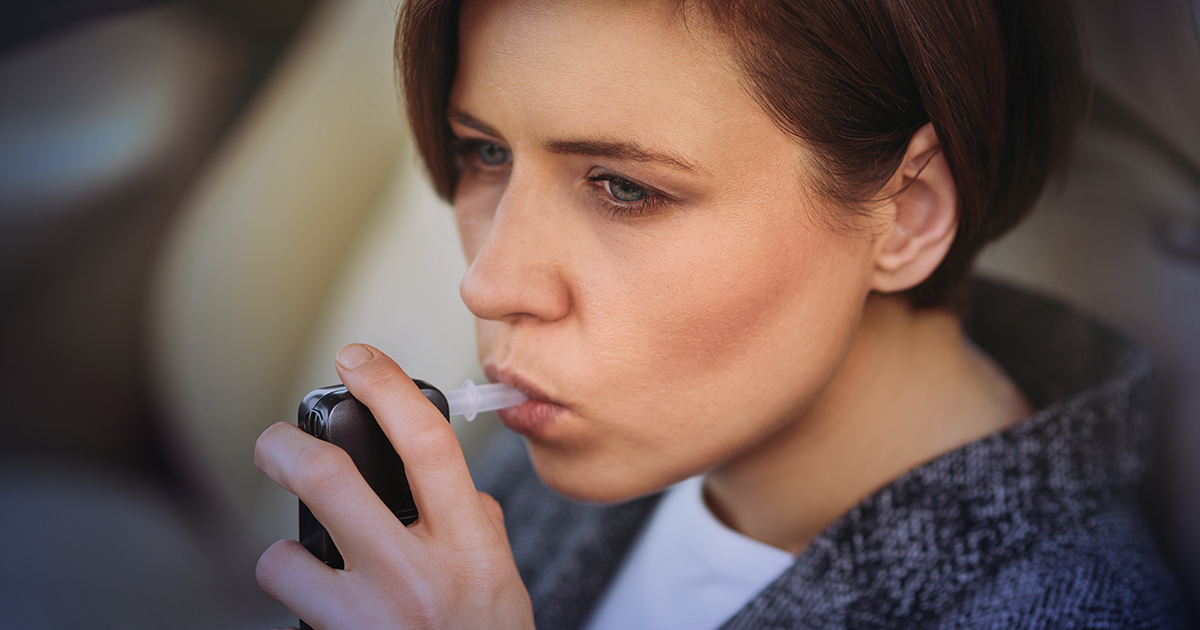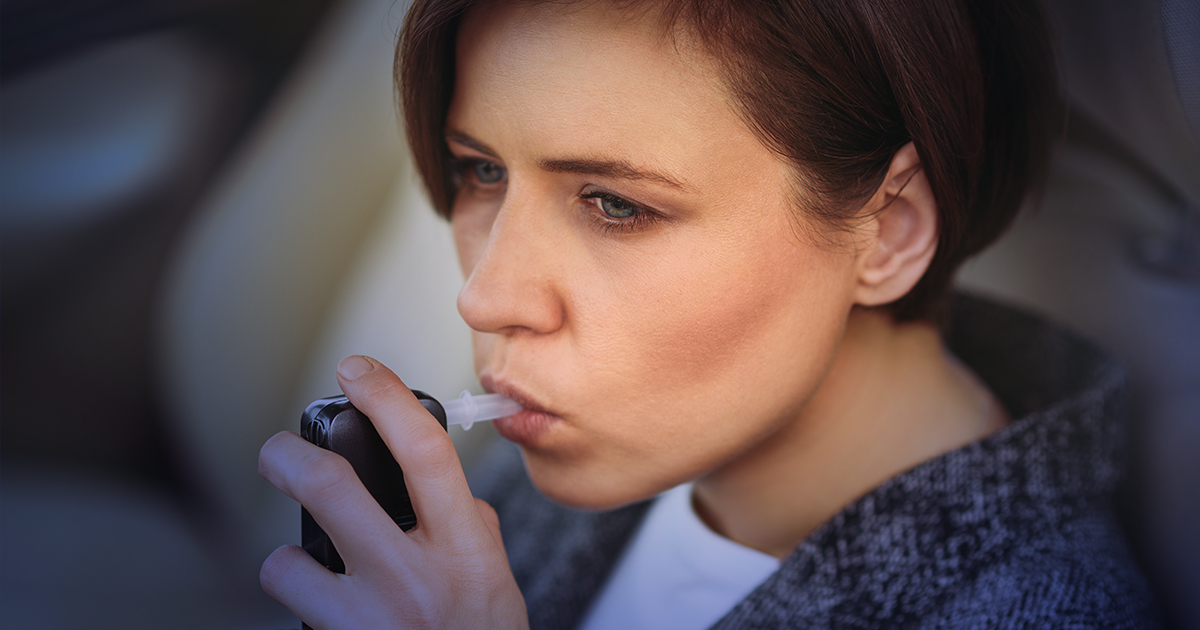Available 24/7 and Obligation Free
Available 24/7 and Obligation Free
Available 24/7
Our DWI legal services teams provide you with insight and guidance on hundreds of DWI issues. Trust us to navigate your case with expertise and dedication.
In New York State, drivers are considered to have given their consent to take a chemical test (breathalyzer, blood, or urine) when they operate a motor vehicle on public roads. This is known as the “Implied Consent” law. If you are arrested for a DWI, the police officer will ask you to take a chemical test. You have the right to refuse the test, but there are serious consequences for doing so.
Boating While Intoxicated: Chemical Test Refusal charges in New York State are related to the act of operating a boat while under the influence of alcohol and refusing to submit to chemical testing to determine one’s blood alcohol concentration (BAC). In NYS, as in many other jurisdictions, operating a vessel while impaired by alcohol is considered a serious offense, and chemical test refusal is an associated charge.
Snowmobiling While Intoxicated Chemical Test Refusal (SWI-CTR) is a significant legal offense in New York State related to operating a snowmobile under the influence of alcohol or drugs. This offense shares similarities with driving under the influence (DUI) for motor vehicles but specifically applies to the operation of snowmobiles. In cases where a law enforcement officer has reason to suspect impairment, they may request a chemical test to determine blood alcohol content (BAC) or the presence of drugs. Refusal to submit to such a test can result in SWI-CTR charges, which come with their own legal implications and consequences.
Boating While Ability Impaired (BWAI) is a charge in New York State (NYS) that pertains to operating a boat while impaired by alcohol or drugs, but without necessarily exceeding the legal blood alcohol concentration (BAC) limit associated with more serious charges like Boating While Intoxicated (BWI). This offense is a part of NYS’s efforts to enhance safety on its waterways and reduce the risks associated with impaired boating.
It is not so easy to find a DWI attorney. People sometimes treat, and attorneys represent DWI charges as if they were simple traffic tickets. As a result, it can dramatically affect someone’s job, finances, freedom, and their ability to be valued members of our society.
With the government having access to an unlimited amount of resources to convict people, many times, people are forced to plead guilty to something that they either were not guilty of or something that would affect the rest of their life.
That’s why if you are facing a DWI charge, you need a competent, experienced, and respected attorney to defend you. The DWI TEAM is comprised of some of the most accomplished DWI professionals in New York state.
Nave Law Firm has brought together these exceptional professionals as The DWI TEAM to offer DWI defense services of the highest order. With Nave Law Firm’s leadership, The DWI TEAM provides our clients with seamless service using the most cutting edge defense strategies in seeking the best outcome possible in their case.
Your Trusted Advocates for Effective, Affordable, and Personalized Defense
If you or a loved one has been charged with a DWI or any other driving offense, contact the DWI TEAM. We will carefully examine the specifics of your case, and if we do not feel we can help you, we will not take any money.
We are dedicated to reducing or dismissing your charges. Contact us today for a FREE case analysis.
DWI laws apply universally to all courthouses in New York. However, every courthouse has its own culture and expectations about how a DWI case should be prosecuted and punished.
The local attorneys for the DWI TEAM have worked in courts throughout the counties in New York and have intricate knowledge of the culture, rules, and procedures prevalent in each courthouse. They know how to pitch their case and tailor a defense accordingly.
The attorneys that represent the DWI TEAM have also fostered and developed a professional relationship with the judges, court staff, and prosecutors of each courthouse.
The attorneys with the DWI TEAM understand the stress involved in facing criminal charges. They particularly understand the complexities and complications of fighting a DWI case. For that reason, our attorneys are accessible to clients, answering their calls directly and promptly. Our staff provides moral and emotional support to clients at every stage of a DWI proceeding – from the inception of the case to post-conviction progress reports.
See Why No One Defends You Like Us




Our Results Speak for Themselves




Lorem ipsum dolor sit amet consectetur. Id amet scelerisque lectus pulvinar at amet. Magna vulputate.

